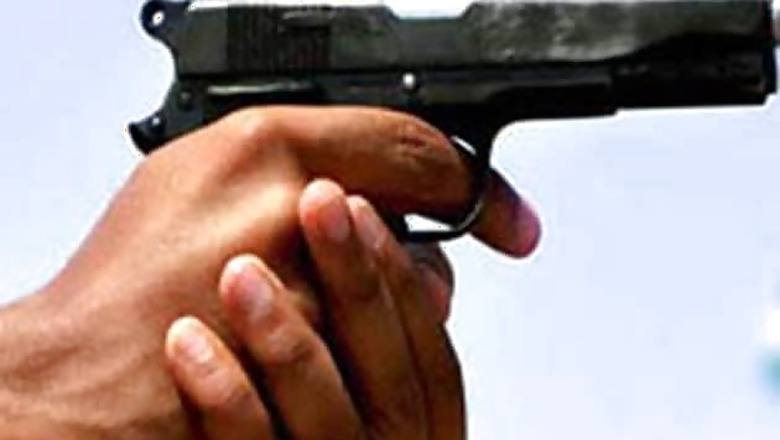
views
Srinagar: Forty-three years after it happened, few remember that one of the earliest plane hijacks in the world was carried out with a toy pistol by a 16-year-old Kashmiri boy. But in the mind of Hashim Qureshi, that boy who is now 59 years old, the incident still ticks away like the script of a high voltage Hollywood thriller.
He hijacked an Indian Airlines Srinagar-Jammu flight to Lahore on January 30, 1969, armed with a toy pistol and a wooden grenade. From a freedom fighting hijacker to an advocate of peace and progress today, his journey has been arduous.
Hashim, who is still facing a hijack case in a Srinagar court - the trial has been going on for 12 years, says he first went to Pakistan in 1968 to see his sister who had married there.
"I met Maqbool Bhat (founder of the pro-independence outfit JKLF) in Peshawar. Bhat said India would never leave an inch of Kashmir to Pakistan, but an independent Kashmir could always be negotiated," Hashim said in an interview.
Hashim became dedicated to the freedom cause. He came back and circumstances helped him use the Border Security Force (BSF) for his plans.
"In a haircutting salon in Lal Chowk, I met a Kashmiri Border Security Force (BSF) officer. I told him I wanted to go to Pakistan. He agreed to help me cross the border provided I brought some information the BSF needed. I agreed and the BSF managed my clandestine entry into Pakistan through the Sialkot border."
He was actually double-crossing the BSF. In Pakistan, Hashim was trained for the hijack.
"Maqbool Bhat said to highlight the Kashmir problem we must hijack an Indian plane. Javaid Mantoo, a retired pilot, helped familiarise me with a Fokker Friendship plane. He took me to Chaklala airport where I was allowed to see the plane from inside."
After hijack training, Hashim crossed back into Kashmir from the Sialkot border.
"I boarded a bus, but the bus was stopped by police and I was caught with a pistol and a hand grenade. I was taken to a BSF interrogation centre. I told them how I had been trained along with three others for the hijack in Pakistan.
"I was asked by the BSF to keep a watch at the Srinagar airport. An advertisement appeared in a newspaper about the sale of a look-real pistol which could be used to scare away thieves. I ordered one by post. I fabricated a wooden hand grenade and painted it with metallic colour."
Hashim booked tickets on the Srinagar-Jammu Indian Airlines Fokker Friendship flight for January 30, 1969, for himself and his cousin Ashraf.
"Once airborne, I rushed to the cockpit, placed the pistol on the pilot's head and announced the hijack. We ordered the pilot to fly the plane to Pakistan. There were 34 passengers, including the crew.
"We landed at Lahore airport at 1 pm on January 30, 1969. Zulfiqar Ali Bhutto reached there. The Pakistan authorities asked us to release the passengers. I said not before I had spoken to Maqbool Bhat. We remained at the airport till 8:30 pm on February 2, 1969.
"Then a Lahore police official came and told us to finish the drama and set the plane ablaze. Bhat opposed the torching of the plane. He said we should continue the ordeal at Lahore airport to get maximum media attention.
"Finally, one Pakistan army officer came with a canister of fuel and told us Bhat had said we must now set the plane on fire. We did it, but later learnt that Bhat had opposed torching of the Indian plane till the very end," Hashim said.
After the hijack, Hashim and his cousin were treated like heroes in Pakistan for three months. "Everywhere we went, a hero's welcome awaited us," he said.
But glory was shortlived. "I was arrested in April 1971 in Pakistan and released in 1980. After my release, I was told by Pakistan intelligence that we should arrange groups of Kashmiri youth for training in firearms.
"They said after militancy spread in Kashmir, Pakistan would come to our assistance by an armed invasion. It was clear they were looking for Kashmiris to fight Pakistan's proxy war against India without committing themselves to our independence.
"I finally left Pakistan in August 1986 for Holland and remained there till December 27, 2000, when I got homesick."
Today he advocates freezing of the Kashmir issue for 20 years to address the hatred between India and Pakistan.
Hashim lives on a hillside mansion in the Nishat area of the city where he gazes at the Dal Lake from his multi-terraced lawn, playing golf in between - and recounting his story.











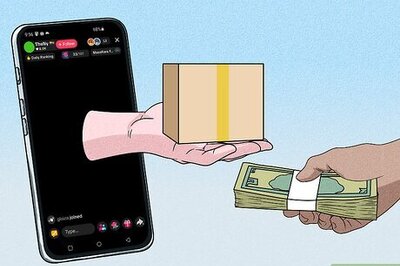
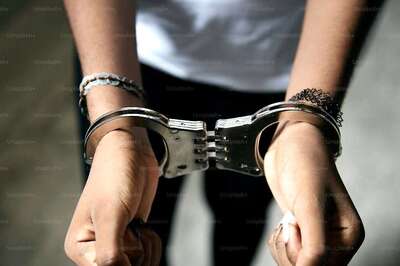
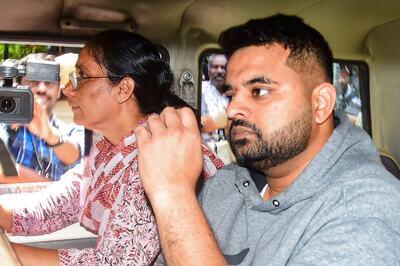


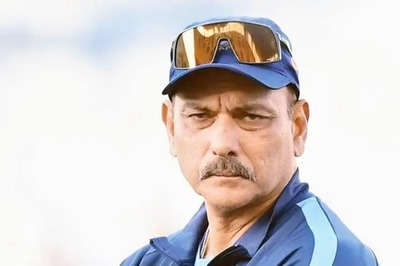
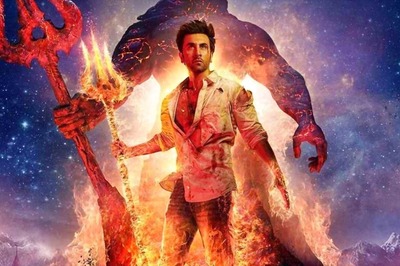

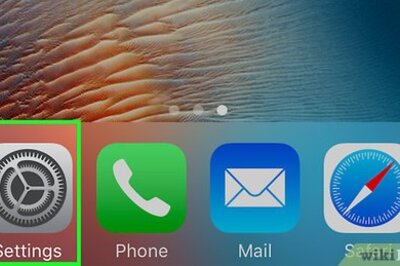
Comments
0 comment